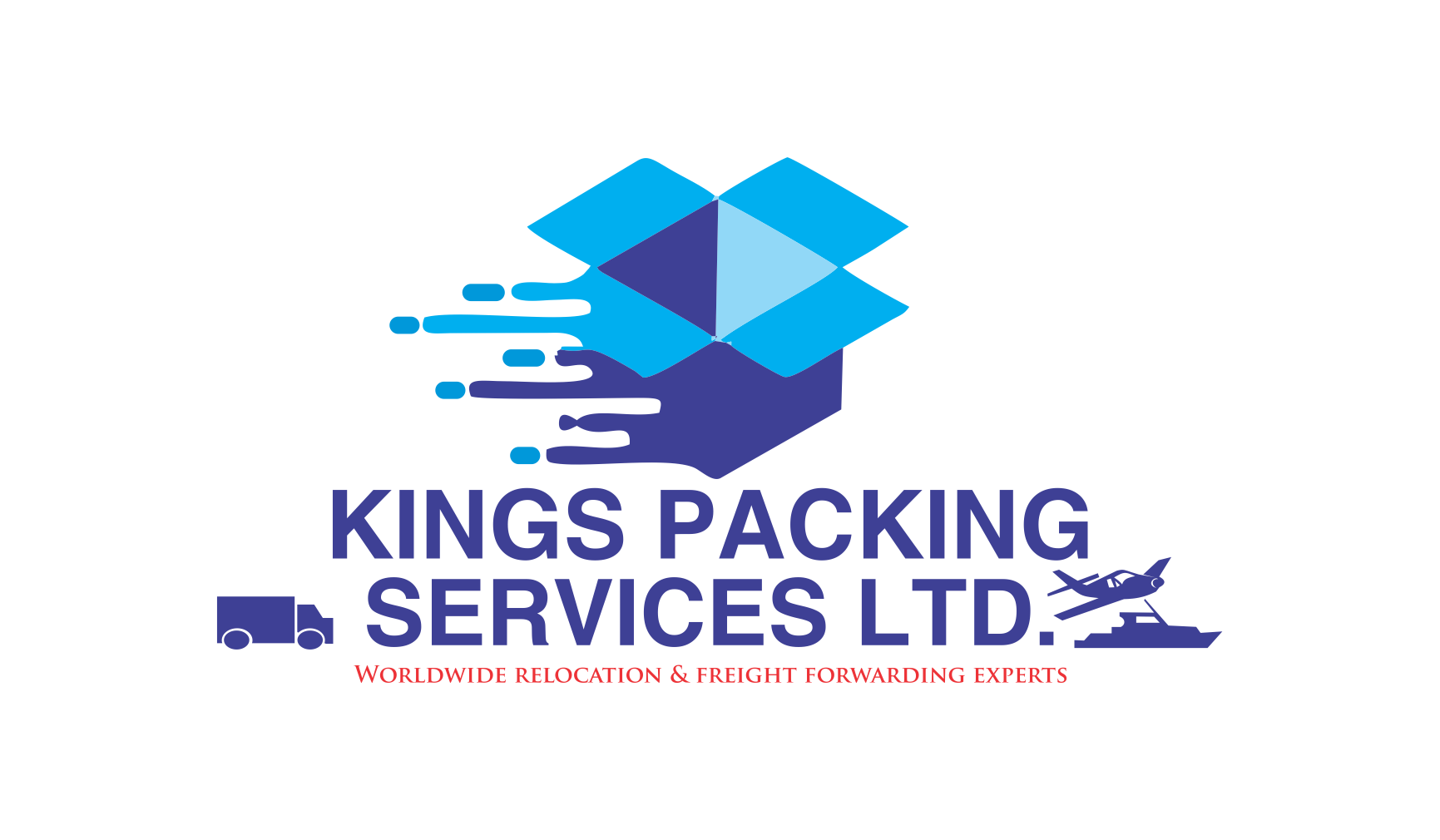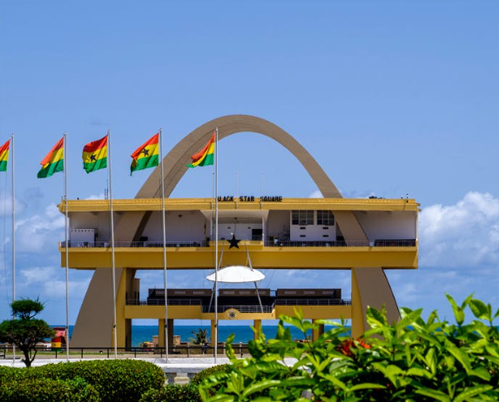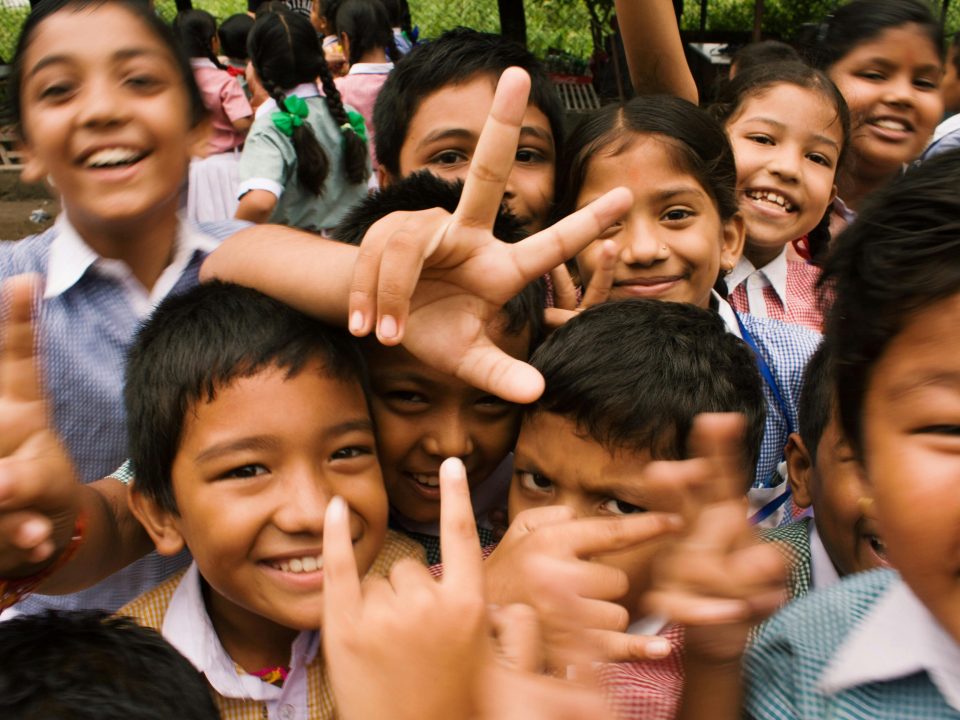
Choosing the Best Relocation Company: A Guide to Stress Free Relocation
February 14, 2024
Decluttering Before Moving? 7 Professional Tips
March 21, 2024Embarking on a new adventure in a vibrant and culturally rich country like Ghana can be an exhilarating prospect. No matter your attraction, the warm hospitality beckoning or colourful traditions held caving for wondrous landscapes, moving to Ghana’s a discovery of opportunities and experiences. That said, there is some form of anxiety that comes with Relocating to a foreign country, even if the people are reputably nice. You wonder if the people are who they say they are, or how you can adapt to it’s culture.
This guide is a comprehensive presentation of our latest research to offer everything you need when relocating to Ghana.
1. Cultural Adaptation: Ghana has a very beautiful culture with its people being typified as hospitable. Ghanaians, the need for family support and social relationships plays a key role in the life of each individual. Networking is an integral part of existence for expats living in Ghana. Cultural knowledge on the local culture practices in Ghana; including Ghanaian etiquette and practices from customs, food customs to social interactions are beneficial for expats as they aid them in adjusting to their new environment as well as fostering positive relationships with Ghanaians. You should be ready to embrace the spirit and culture of Ghana with its traditional ways coupled with customs, festivals, and local dialects.
2. Networking: Networking with the natives becomes a rewarding exercise worth every precious minute for expatriates in Ghana because it makes plenty of new and important friends, learns much more than just about work, thus gaining amazing cultural experience and acquiring new business partners. Large part of their social norms have embraced the warmth and friendliness nature that is seen amongst Ghanaians which makes it easy for expatriates to interact with them on numerous occasions. There are numerous initiatives that create an ideal environment for locals to interact with their foreign guests which include community events, cultural activities, and social gatherings.
3. Climate: Ghana is a tropical country which changes its seasons about two i.e weather and no wet season invariably, though it experiences some eight annual months of rains. The rainy season usually commences from April and ends in October of the same year when there is heavy rainfall due to high level humidity, while the dry season begins in November through March which experienced hot and dry weather. Temperatures throughout the year are between 25°C and 32°C (77 °F and 90 ° F) depending on the area and at what elevation one is living. Expatriates should anticipate high warmth and muggy conditions the whole year round, as minimised by Harmattan breezes now and again during dry seasons
4. Roads and Infrastructure: Goods road network found in Ghana varies widely, but major cities have improved well-maintained roads while many areas appear as unpaved or less maintained roads. The rush hour is effective in a lot of urban areas, and hence one has to seek various alternatives. Also, Ghana dedicates much of its funds to redeveloping its infrastructure through the construction of roads as well as improving utilities that will promote business and tourism.
5. Cost of Living: The accommodation that you provide determines your budget. The cost of lodging in the city is high compared to town. This is because the forms of an association such as business engagements are more active in metropolises rather than the rural places as some associations that have attached too much to social lives. The big cities such as Accra, Takoradi, Kumasi etc are on the high side. It is important to conduct a cost of living analysis on the various regions in Ghana in order to budget your expected expenditure therefore.
6. Healthcare: The healthcare system is a combination of Public and private Hospital in which Ghana participates. The public health system is managed by the government and caters for a vast array of public hospitals, clinics as well as the centres of health in Ghana. These establishments give primary healthcare to common individuals usually at subsidy and heavily discounted rates.
7. Banking and Finance: The banking and financial sector of Ghana is developed to provide services for both local residents with identified residency, as well as expatriates. However, commercial banks and local banks in Ghana are the major international banks that ensure there is smooth banking service offered to individuals through giving them a variety of banking services such as saving accounts, checking accounts, loans and investment opportunities among others. Banks in Ghana are not strict when it comes to expats, hence easy for one to easily open a bank account provided you have the documents as required and you qualify.
8. Language: English is the official language in Ghana. Aside from this there are a number of Ghanaians who speak local languages which include Twi, Ga and Ewe among others. Such is not essential for communication, but if at all it would have been proper to learn basic phrases in the local languages like Twi or Ga so that you can make a connection with people more closely. For instance, knowing the greetings that are considered acceptable within a culture is an important factor toward successfully connecting with others. For instance, learning to say “Maakye” (Good morning) or “Maaha” (Good afternoon), will create an avenue for interacting with people from the local community.
9. Politics: Ghana prides itself as a country with a stable democracy which is evident from its smooth transitions in political leadership. It is a multi-party system that has democratically held elections at four year intervals in which what they elect is the President and members of Parliament. This understanding of the political milieu and knowledge on current events provide you with means to go through the local sphere, as well as participate in civic activism.







